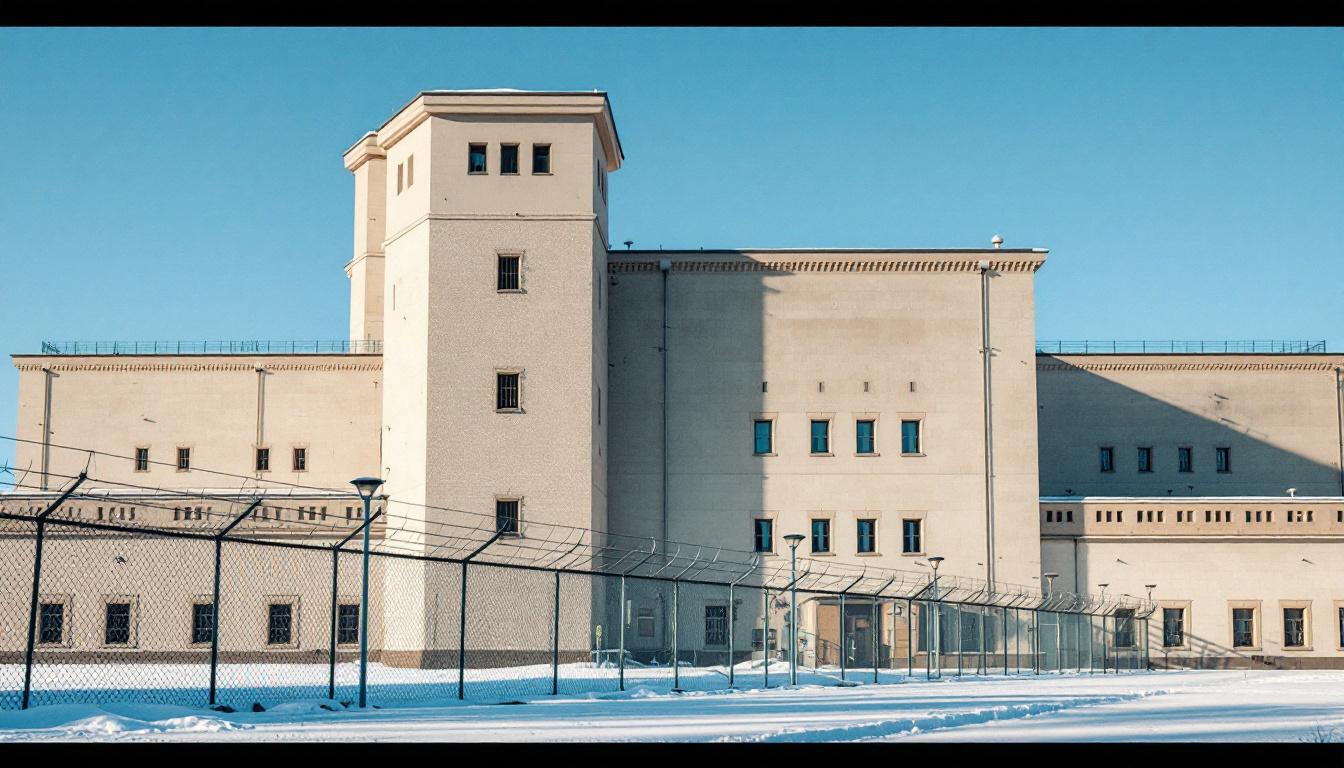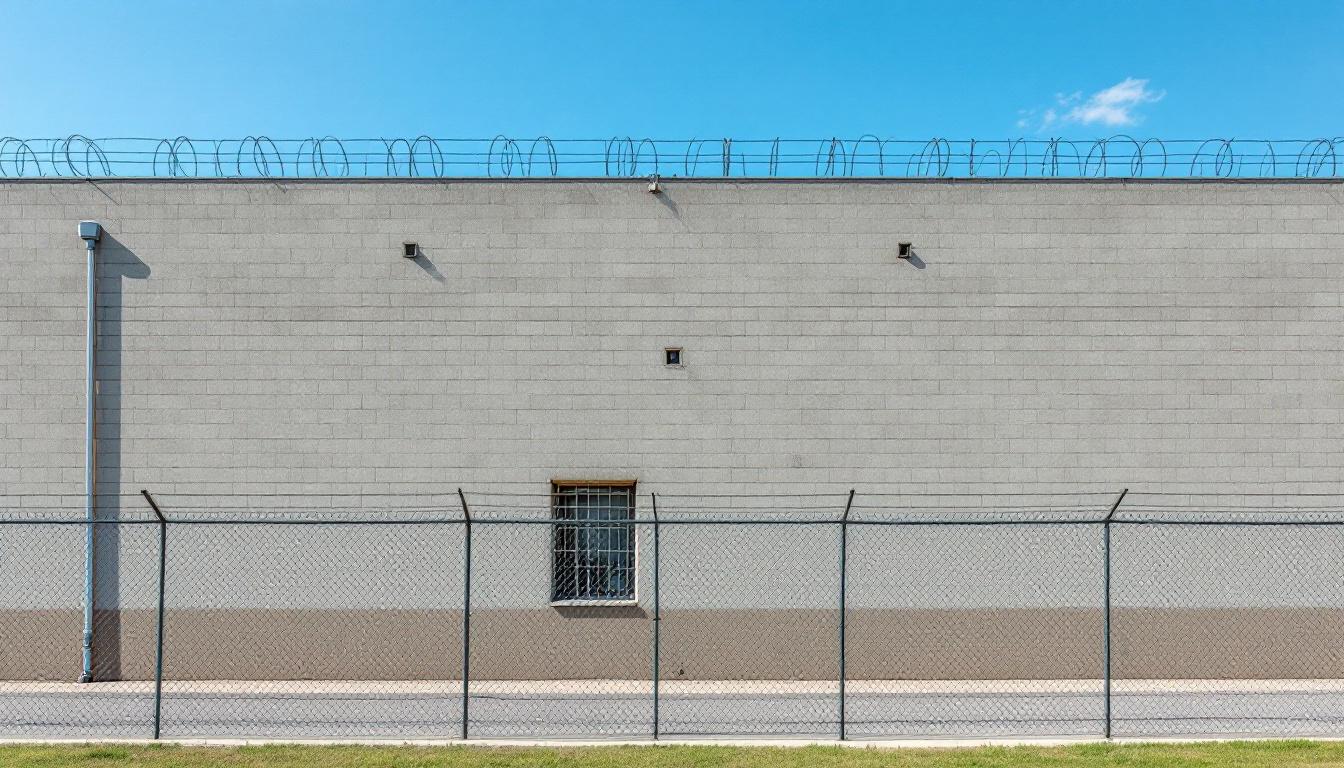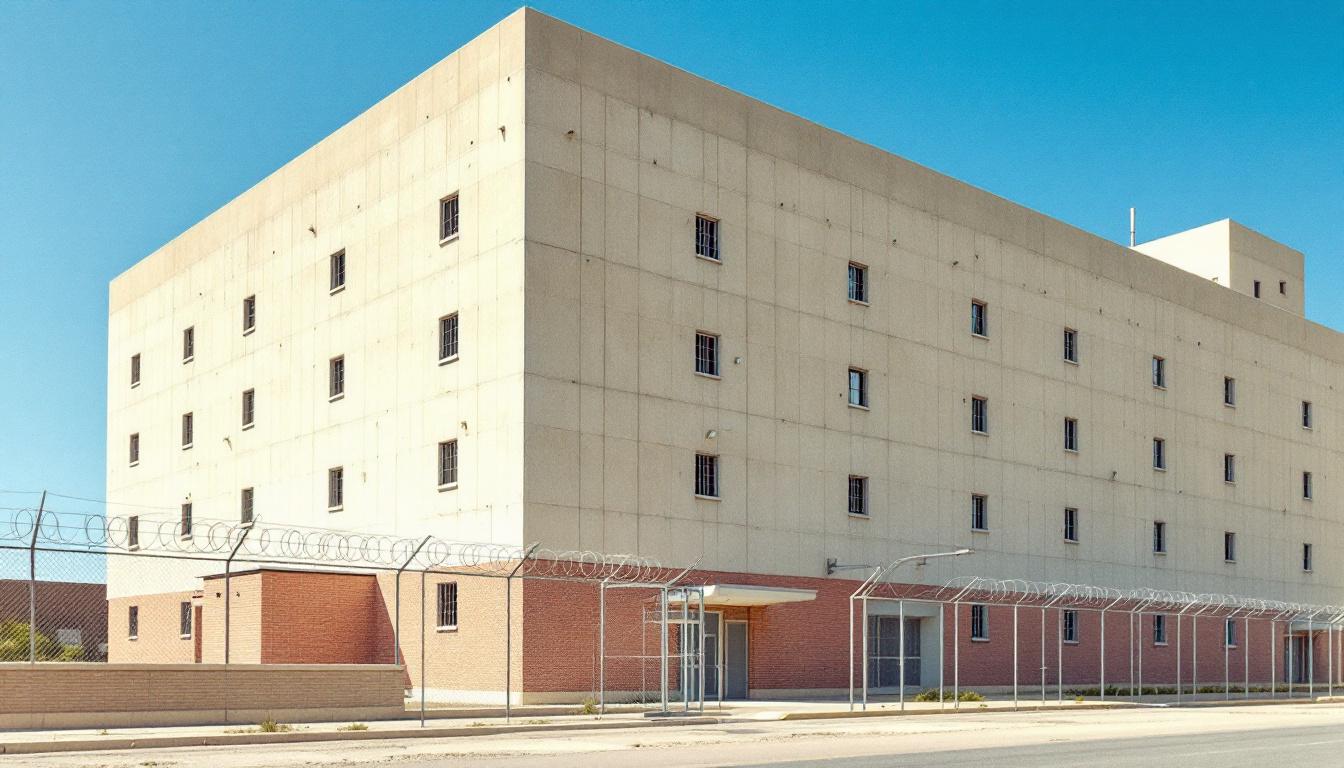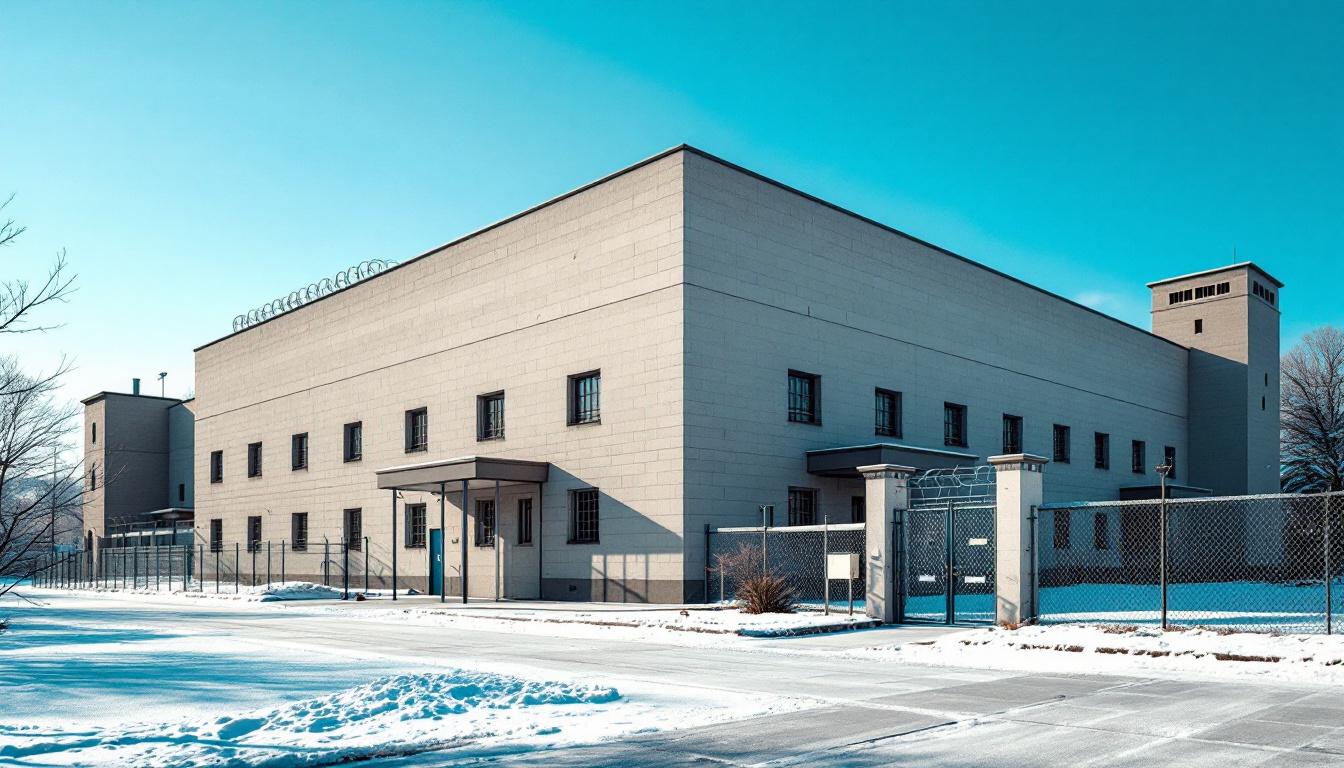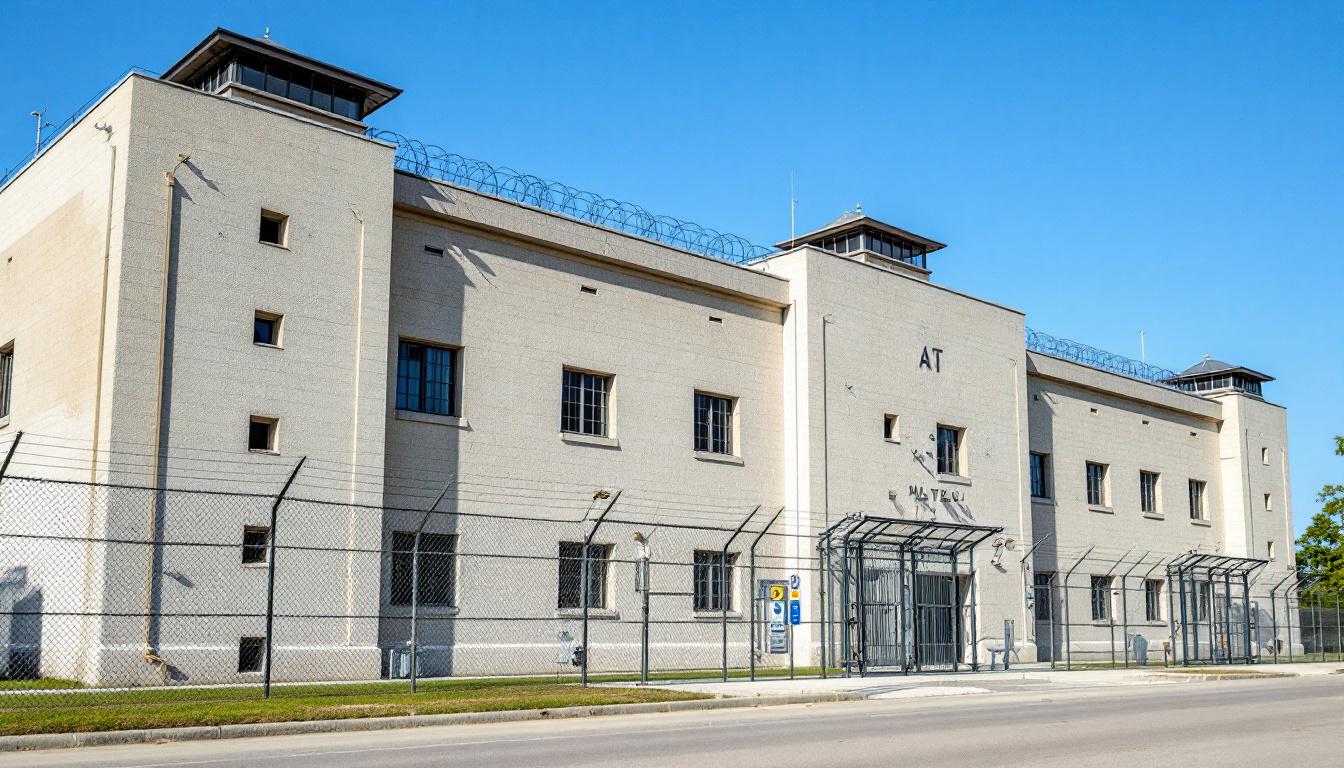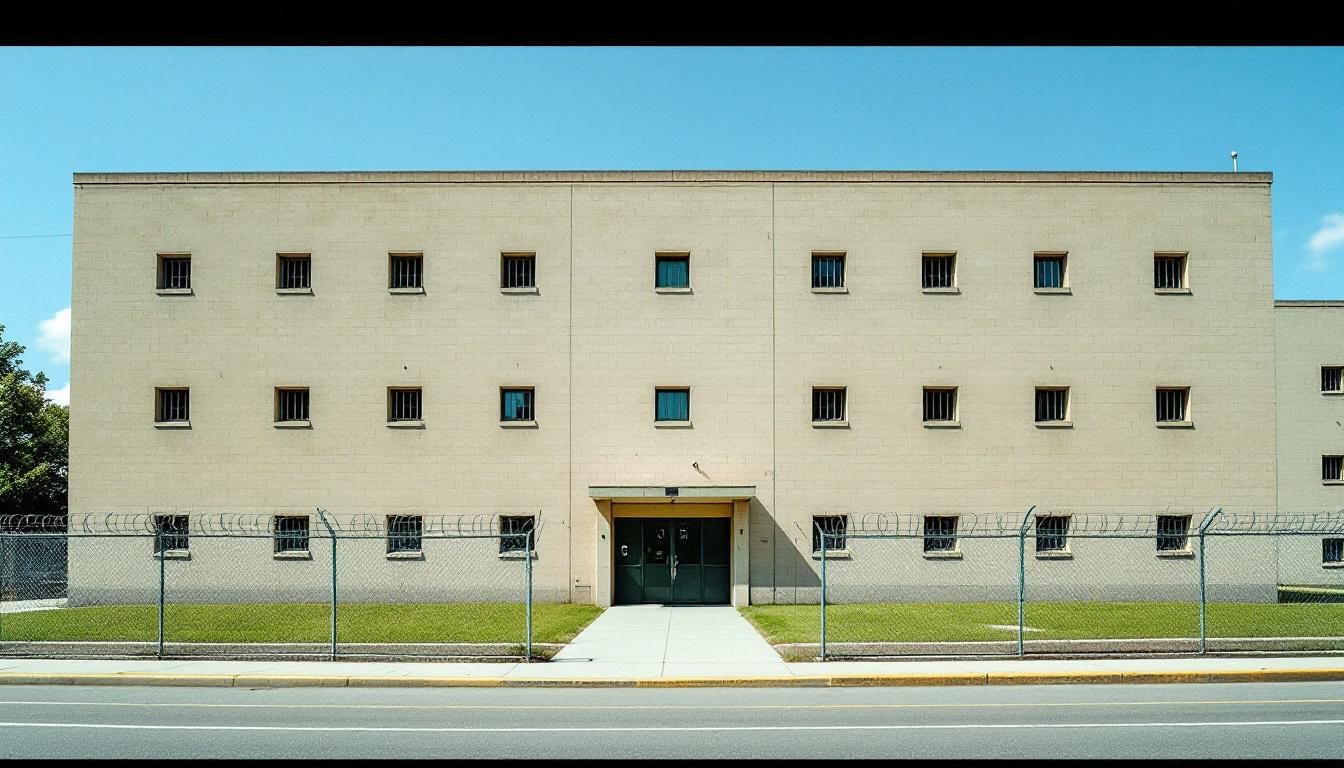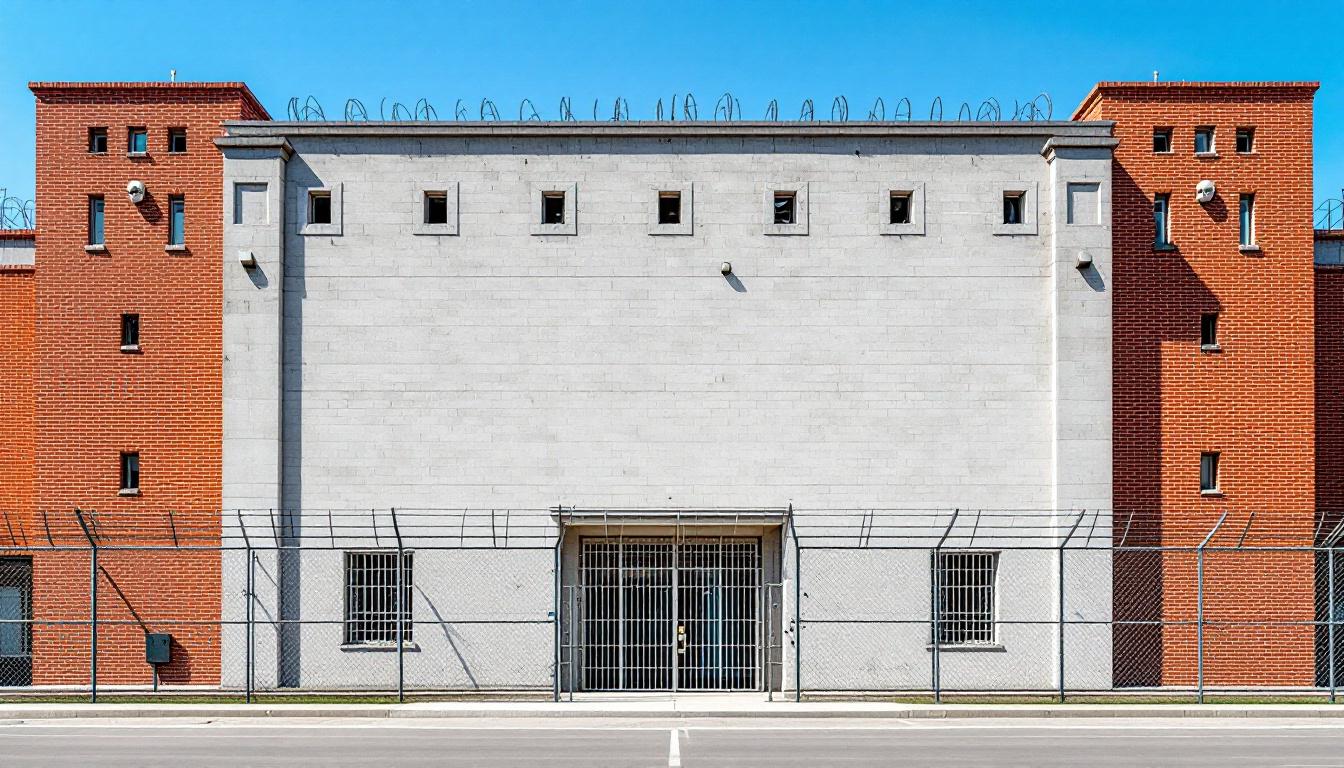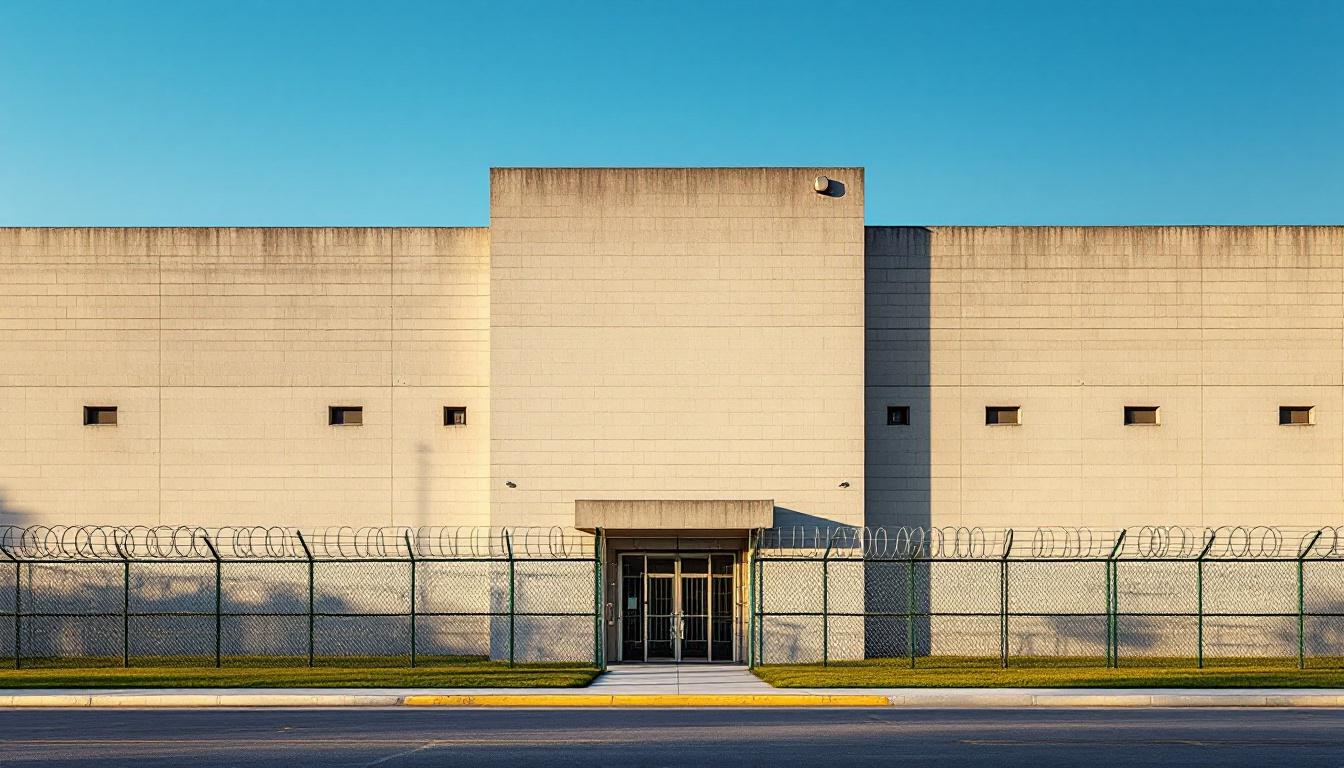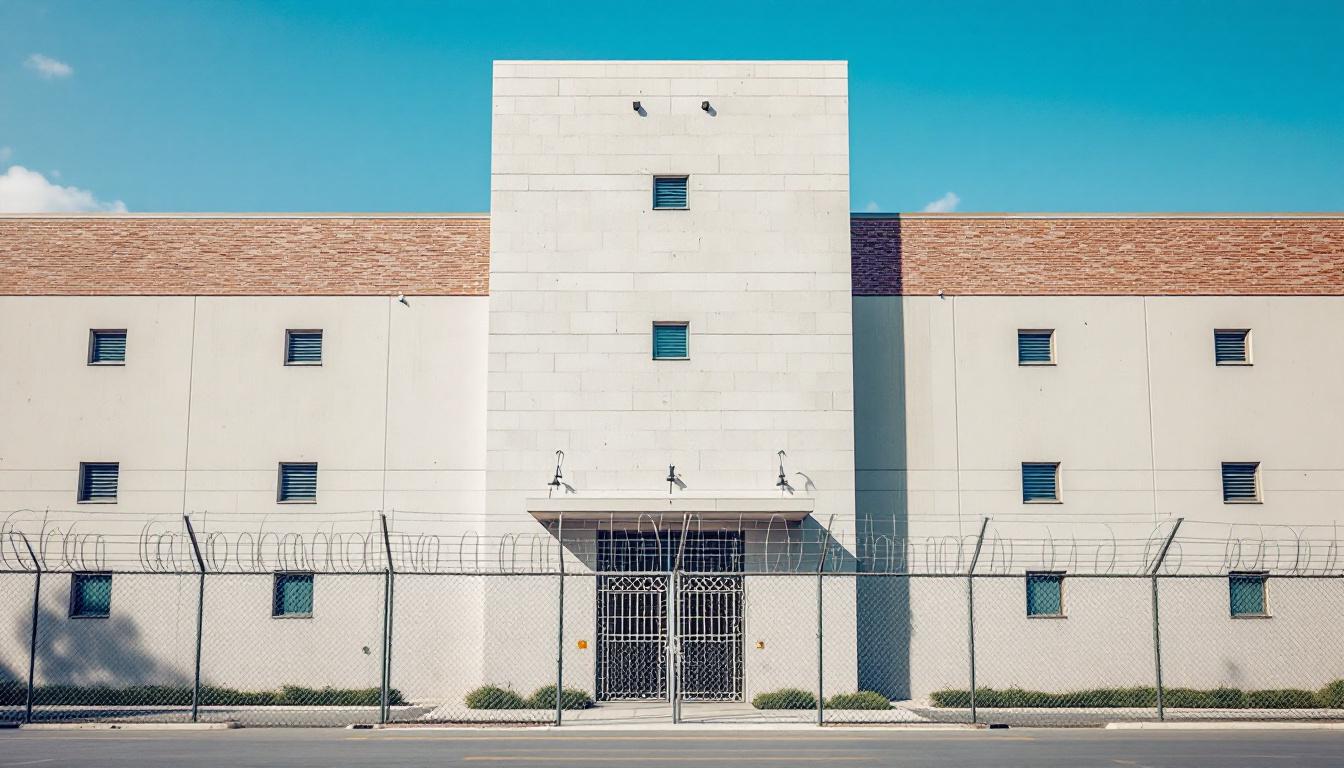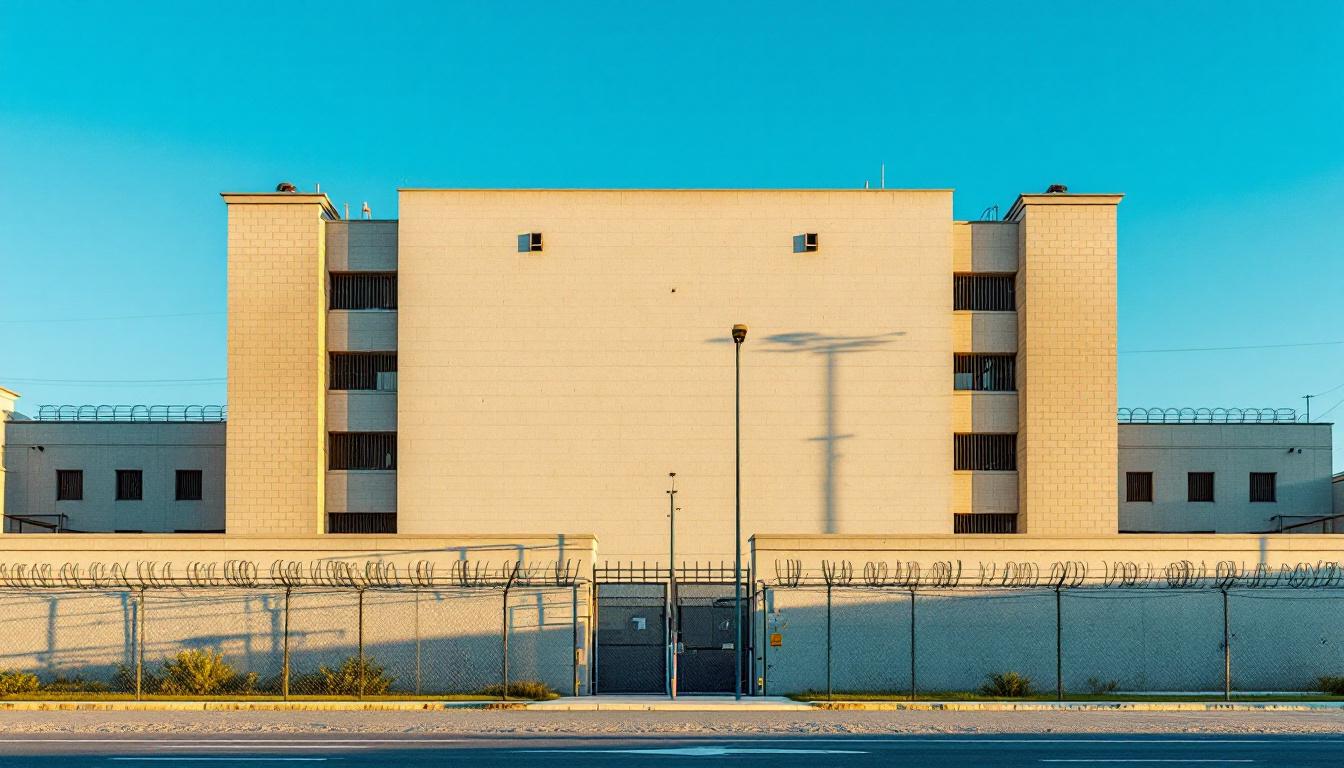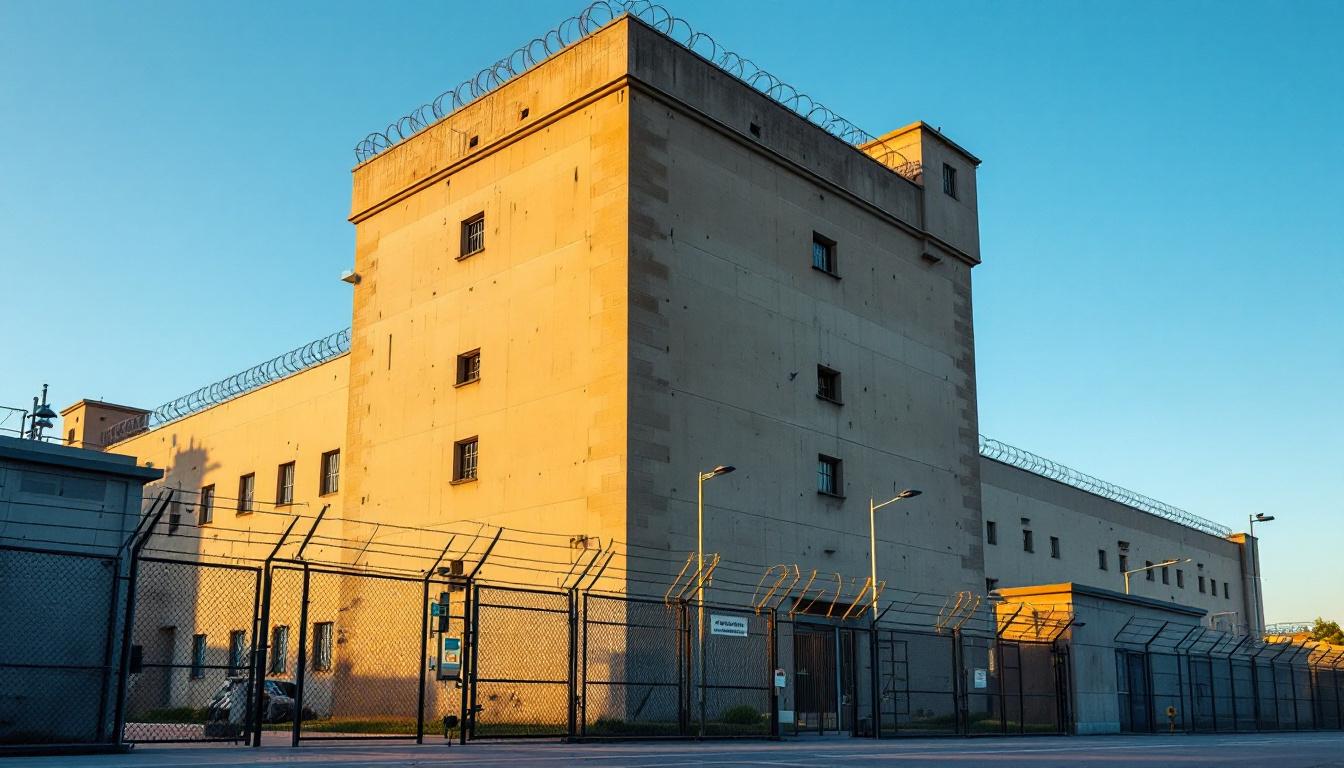
Quick Navigation
How to contact an inmate at Kingman Prison
This comprehensive guide will walk you through how to connect with an inmate at Kingman Prison. Follow the steps below to find an inmate and send letters and photos:
- Search for the inmate using our search tool below
- Create your account or log in to Penmate
- Write your message (up to 6,000 characters)
- Send instantly - inmates receive printed copies daily
Find an Inmate
Search for an inmate to start communicating today
Tip: You can search by first name, last name, or inmate ID number
To contact a person at Kingman Prison start by searching for the person on the facility website. Perform a search by following these steps:
- Step 1: Enter their first name and last name into the search form and click "Search"
- Step 2: Locate their inmate record
- Step 3: Write down their Inmate ID and any housing information provided
Important! Be sure to enter the person's full name. Nicknames should not be used.
How to Send Messages to Inmates

You can use your phone or computer to send emails, letters, and photos to an inmate. Messages are sent electronically to inmate tablets or kiosks at the facility. If you would like to send a message, start by searching for an inmate at Kingman Prison.
Sending Photos and Postcards

A great way to send love and support to a loved one at Kingman Prison is to send photos and postcards. It only takes a few minutes to send photos from your phone and it makes a huge difference. You can also mail postcards with words of support and inspiration, or design your own postcard for special moments like birthdays and holidays.
Important! Be sure not to send any explicit photos or they may not be approved by the facility. You can also use a photo printing app like Penmate to make sure your photos are printed at the correct size (4x6 or 3x5) and are mailed according to the rules and regulations of Kingman Prison.
Frequently asked questions about Kingman Prison
-
How long does it take to deliver a message?
If you're sending an email message your letter is usually delivered within 24-48 hours. For messages sent via mail you should expect delivery within 3-7 days. All messages will need be approved by Kingman Prison.
-
How much does it cost to send a message to Kingman Prison?
You can send a message free using your phone or mail a message via USPS for the price of a $0.60 stamp and envelope. You can also purchase credits or e-stamps from services starting at $1.99.
-
What services can I use to contact an inmate at Kingman Prison?
Penmate
You can use Penmate to send letters and photos to an inmate from your phone. It's an easy way to stay in touch during your loved one's incarceration. Use the inmate locator to find an inmate's location and contact information, then you can send messages within a few minutes.
Securus messaging
Securus may be another option for communicating with an inmate at Kingman Prison. You can create a friends and family account and purchase credits to send messages. All messages will be reviewed and must be approved by the facility.
JPay
Some county jails and state prisons may support sending messages with JPay. You must register an account with the system, find your loved one, and purchase stamps to send messages. For some locations you can also attach photos.
Smart Jail Mail
You may also check if Smart Jail Mail is available at Kingman Prison. Smart Jail Mail is operated by Smart Communications and has contracted with some state and county jails. After purchasing credits, your messages and photos are sent to the facility, printed out, and then handed out to your loved one.
-
What is the mailing address of Kingman Prison?
Mailing address:
Kingman Prison
4626 W English Dr
Golden Valley, AZ 86413
Phone: (928) 565-2460Business hours:
- Monday: Open 24 hours
- Tuesday: Closed
- Wednesday: Closed
- Thursday: Closed
- Friday: Closed
- Saturday: Open 24 hours
- Sunday: Closed
-
What are the visiting hours at Kingman Prison?
Visiting hours at Kingman Prison vary by housing unit and security level. Generally, visits are scheduled on weekends and holidays, with some facilities offering weekday visits. Contact the facility directly at (928) 565-2460 or check their website for the current visiting schedule. Visits typically last 30-60 minutes and must be scheduled in advance.
-
What items are prohibited when sending mail to Kingman Prison?
Prohibited items typically include: cash, personal checks, stamps, stickers, glitter, glue, tape, staples, paperclips, polaroid photos, musical or blank greeting cards, hardcover books, magazines with staples, and any items containing metal or electronics. Only send letters on plain white paper with blue or black ink. Photos must be printed on regular photo paper (no Polaroids). Always check with Kingman Prison for their specific mail policies.
-
How do I send money to an inmate at Kingman Prison?
You can send money to an inmate at Kingman Prison through several methods: 1) Online using JPay, Access Corrections, or the facility's approved vendor, 2) Money orders mailed directly to the facility with the inmate's name and ID number, 3) Kiosks located in the facility lobby, or 4) Over the phone using a credit or debit card. Fees vary by method, typically ranging from $2.95 to $11.95 per transaction.
-
Can I schedule a video visit with an inmate at Kingman Prison?
Many facilities now offer video visitation as an alternative to in-person visits. At Kingman Prison, video visits may be available through services like Penmate, Securus Video Connect, GTL, or ICSolutions. Video visits typically cost $10-20 for 20-30 minutes and must be scheduled in advance. You'll need a computer or smartphone with a camera and reliable internet connection. Contact the facility for their specific video visitation policies and approved vendors.
-
What identification do I need to visit an inmate at Kingman Prison?
All visitors must present valid government-issued photo identification such as a driver's license, state ID, passport, or military ID. Minors must be accompanied by a parent or legal guardian who can provide the minor's birth certificate. Some facilities require visitors to be on the inmate's approved visitation list, which may require a background check. Contact Kingman Prison for specific ID requirements and visitor approval procedures.
-
How can I find out an inmate's release date?
To find an inmate's release date at Kingman Prison, you can: 1) Use the online inmate search tool if available, 2) Call the facility's records department, 3) Contact the inmate's case manager or counselor, or 4) Have the inmate provide this information during a call or visit. For privacy reasons, some facilities only release this information to immediate family members.
Facility Overview
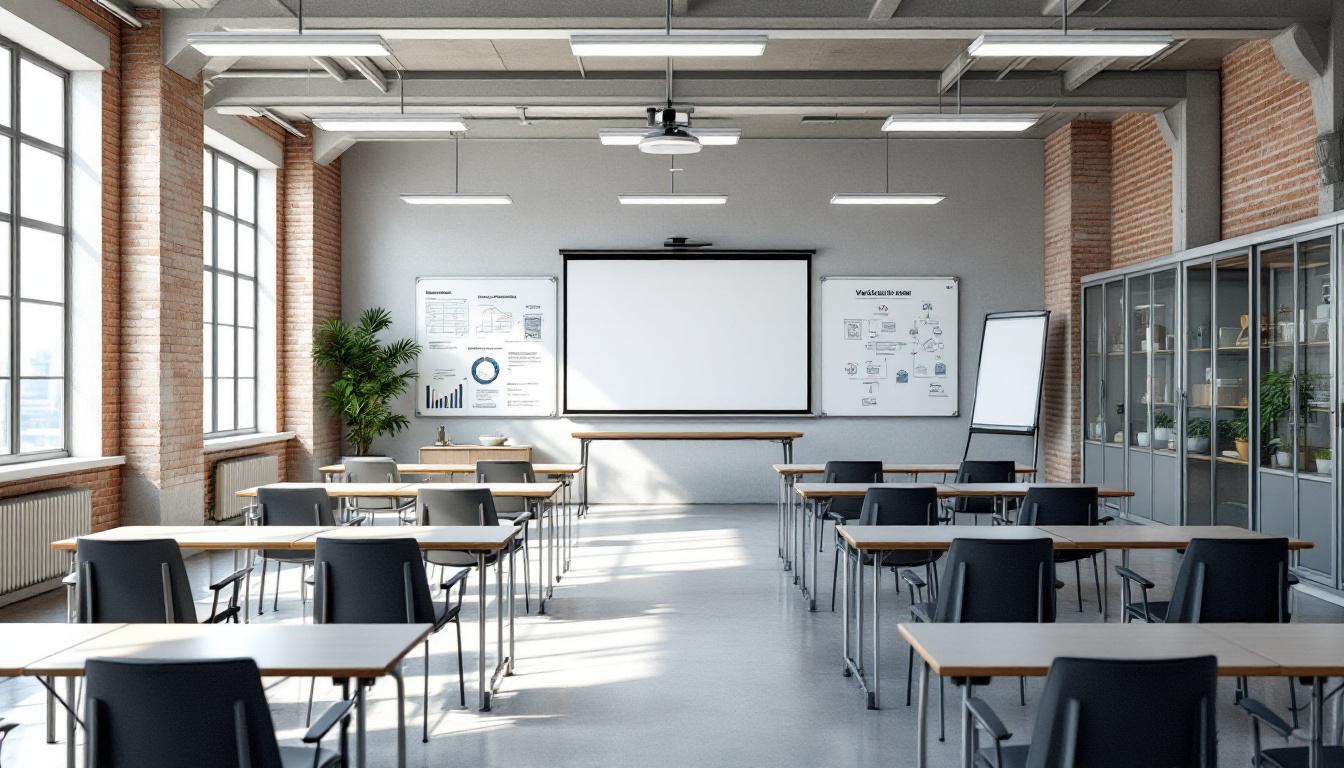
About Kingman Prison
Correctional facilities in Arizona's mountain region typically serve multiple functions within the state's justice system, and ASPC-CERBAT UNIT, AZ represents this comprehensive approach in the Kingman area. Located amid the high desert landscape of northwestern Arizona, this AZ correctional facility operates as part of the broader network designed to support both public safety and individual rehabilitation. The facility's mountain region setting provides a unique backdrop for correctional operations, where the population services extend beyond basic custody to encompass various programs aimed at preparing individuals for successful community reintegration.
Programs at correctional facilities like ASPC-CERBAT UNIT generally emphasize skill development, educational opportunities, and behavioral interventions that address the diverse needs of those in custody. The facility may offer vocational training, substance abuse counseling, and educational services that help individuals build foundations for their eventual return to communities throughout Arizona and beyond. Mental health services and medical care typically form essential components of daily operations, ensuring that basic human needs are met while individuals work toward personal growth and positive change.
Serving the Kingman area and surrounding regions, this correctional facility plays an important role in maintaining family connections through visitation programs and communication services. The geographic location in northwestern Arizona positions the facility to serve families from various communities, while rehabilitation-focused programming aims to strengthen the bonds that support successful reintegration. Through these comprehensive approaches to correctional care, facilities like ASPC-CERBAT UNIT work to balance security requirements with the human-centered services that promote healing and positive transformation for individuals preparing to rejoin their communities.
Programs & Services
Through comprehensive programming designed to address multiple aspects of personal development, ASPC-Cerbat Unit delivers support that recognizes the diverse needs of the population. The facility's approach centers on providing structured opportunities that build both practical skills and emotional resilience. Programs typically emphasize gradual progress and sustainable change, creating an environment where participants can develop confidence while working toward successful community reintegration.
Educational programs form a cornerstone of the supportive services, often including basic literacy instruction, GED preparation, and specialized courses in financial literacy that help the population develop essential money management skills. Work programs may supply hands-on experience in various trades, with masonry training frequently available to provide marketable vocational skills. These educational and vocational opportunities typically operate with flexible scheduling to accommodate different learning styles and experience levels, ensuring that participants can progress at their own pace while building competencies that support long-term stability.
Additionally, therapeutic programs address underlying issues that may have contributed to past difficulties, with substance abuse treatment and cognitive behavioral therapy commonly offered as core services. Life coaching programs often complement these therapeutic interventions by helping the population develop practical problem-solving strategies and healthy coping mechanisms. The combination of these support services typically creates a comprehensive framework that addresses immediate needs while building the foundation for successful family reunification and community reintegration upon release.
Daily Life & Visitation
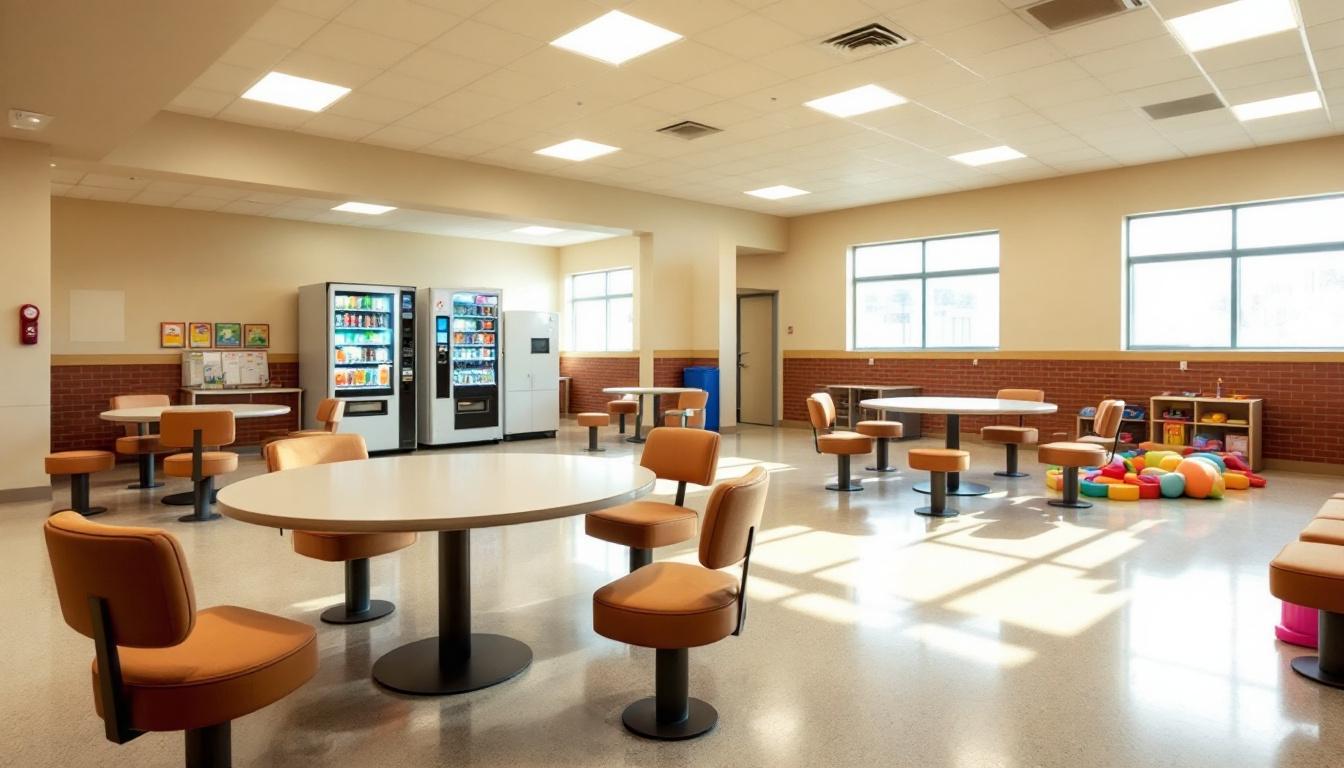
Systematic organization shapes every aspect of life for the population at ASPC-Cerbat Unit, where structured routines currently provide predictability and continue to maintain institutional order. The facility operates on carefully managed schedules that typically begin with early morning counts and progress through designated periods for meals, work assignments, and programming activities. Generally, the population moves through their daily routines in coordinated groups, with security procedures ensuring safe transitions between housing areas and common spaces throughout the facility.
Living accommodations at the facility typically consist of multi-person cells or dormitory-style housing units, where the population shares common areas and facilities. Additionally, personal property allowances may include basic hygiene items, approved clothing, and limited personal effects that residents can maintain in their assigned living spaces. While space is generally limited, the housing units usually supply basic necessities and often include access to television viewing areas and recreational reading materials. Dining arrangements typically occur in designated meal halls, where the population receives scheduled meals that generally meet nutritional standards established for correctional facilities.
Work assignments and structured programming schedules supply meaningful structure to daily life, with opportunities that may include facility maintenance, kitchen duties, laundry services, and various institutional support roles. Additionally, recreational activities often include outdoor exercise periods, indoor fitness opportunities, and organized sports when available. While visitation policies typically allow for scheduled family visits, communication options usually include monitored telephone access and approved correspondence. The population generally has access to commissary services where they can purchase approved personal items and food products, helping maintain connections to personal preferences and family support systems.
Ready to Connect?
Start communicating with your loved one today
Search for an Inmate
